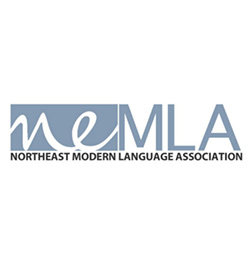 Legacies of Victorian Women’s Fiction:
Legacies of Victorian Women’s Fiction:
Looking Beyond the 'Neo'
NeMLA 2017 Session
March 23-26, 2017
In 1913, Chesterton wrote that Victorian women played an essential role in the development of the novel. Yet this role remains under-theorized, as the bulk of nineteenth-century literature by women—beyond a brief list of texts—has often been viewed in criticism as anomalous or counter-cultural, rather than as a dominant part of our literary heritage. For decades, critics have labored to reintroduce excluded women and minority writers into the Western canon, and this essential recovery work has taken on new life with the opening of digital archives, as scholars unearth evidence of the literary merit and/or cultural significance of many authors now neglected. Yet, by focusing on this ethos of discovery/recovery, we rarely look for connections between the works of different periods, continuities that stem from women’s literary innovations.
This session seeks to address this issue directly, asking: what happened to the most popular themes, tropes, and concerns of Victorian fiction by women after 1901? Where do we see particular formal or narrative elements reemerging or being repurposed? While neo-Victorian criticism celebrates how the nineteenth century is estranged and made new, this session seeks to celebrate the Victorian that never died away, thriving legacies that may surprise us because our attention has been elsewhere. We invite answers based in scholarship that links the Victorian era with modern or contemporary genres outside steampunk, neo-Victorian, or costume drama.
Possible topics include:
Questions may be sent to annabrecke@my.uri.edu and christiana.salah@uconn.edu. Submissions are due September 30, 2016 through the NeMLA website: http://www.buffalo.edu/nemla/convention.html.